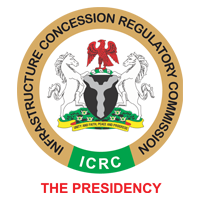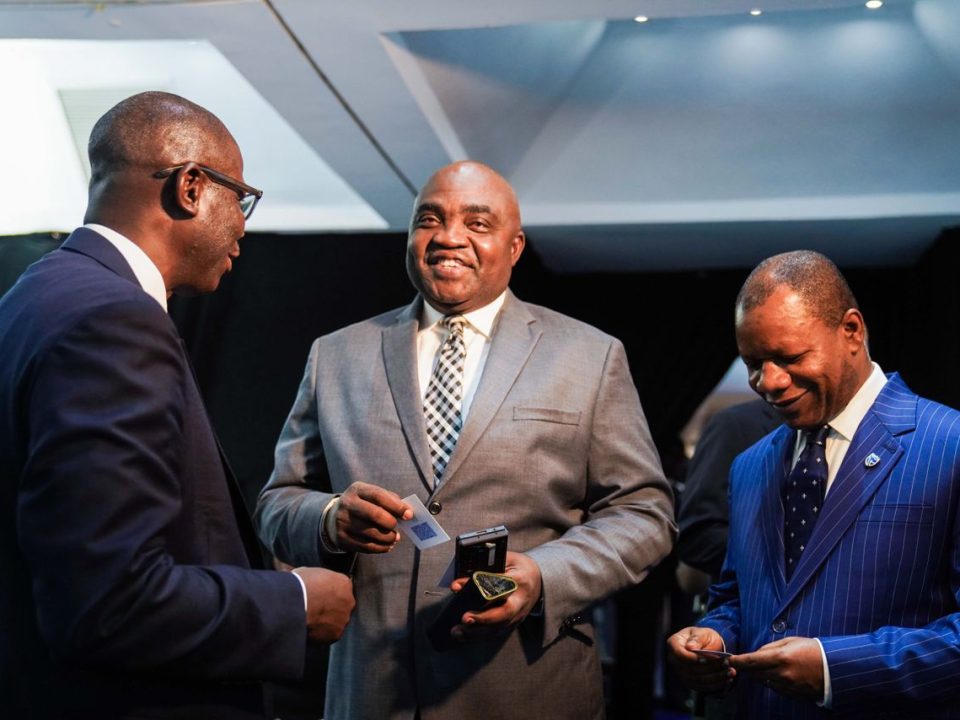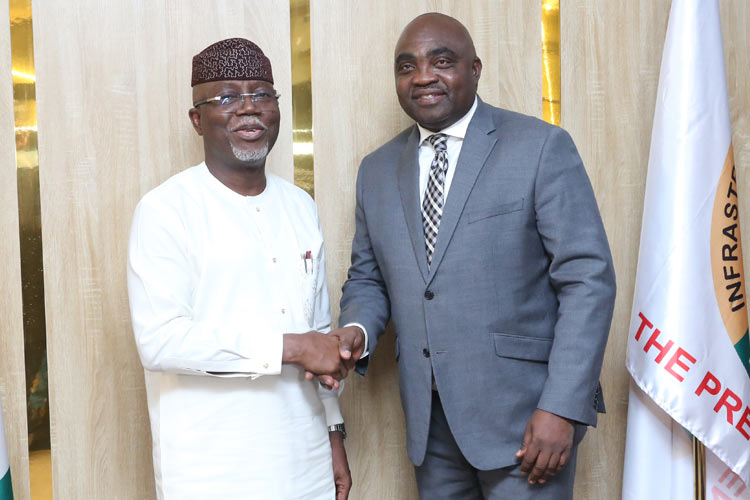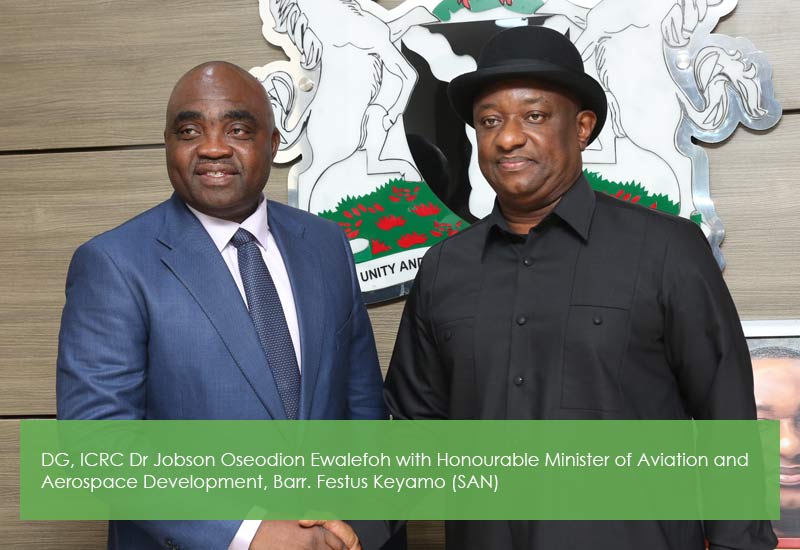PPPs Have Attracted $8bn Into The Nigerian Economy – Engr Chidi Izuwah, DG, ICRC
Nigeria has attracted about $8bn in investment inflows into the economy through public-private partnership (PPP) projects and initiatives.
The Director-General of the Infrastructure Concession Regulatory Commission (ICRC), Engr. Chidi Izuwah disclosed this as one of the guest speakers at the February 2020 breakfast meeting of the Nigeria-British Chamber of Commerce (NBCC) in Lagos.
Speaking on the theme “Public-Private Partnerships: How To Make It Work In Nigeria,” Engr. Izuwah said the country currently has a robust and world-class PPP disclosure platform that is transparent, reliable and credible.
He said 69 post-contract PPP projects are currently under implementation in the country by the ICRC through the project’s disclosure portal.
According to him, the ICRC project disclosure portal is the first-ever in the globe and was in partnership with the World Bank.
Speaking further he said, as at the end of 2019, there were 138 pre-contract projects at Development and Procurement phases at the ICRC website www.icrc.gov.ng
Engr. Izuwah listed the following as conditions for a successful PPP in Nigeria, which include;
- A stable policy and regulatory framework
- Sanctity of contracts
- Long term vision, strategy, and plan owned by the government
- Adequate PPP project development
- Equitable PPP contractual framework
- The transparent selection process for projects
- Reliable revenue sources in the country
- Managing the unexpected
Giving the introductory remarks Mr. Akin Osuntoki, Chairman Programmes Committee for the NBCC highlighted the following as the cardinal objectives.
- Trade Facilitation between two countries
- Play a great part on advocacy and positively influencing policies
- Communicate government policy
- Create awareness with members and encourage networking
In his welcome address, the President and Chairman of the NBCC council, Mr. Kayode Falowo, acknowledged the fact that every sector in the Nigerian economy has experienced huge gaps in infrastructure, covering areas like transportation, energy, health, and education amongst others.
He believed the topic of discourse on the viability of PPPs in Nigeria was apt as it can go a long way to address the infrastructure deficit in the country and unlock economic activities in the nation.
Guest Speaker and Managing Director/CEO of Standard Chartered Nigeria Mr. Lamin Manjang, in his presentation, alluded to the point that Nigeria has the largest economy in Africa, with enormous potential for growth across many sectors.
Growth, according to Mr. Manjang, has been constrained by several factors with infrastructure as constituting the major drag in the country. He stressed that it was the primary responsibility of the government to provide this infrastructure.
“We all know that government is constrained by the availability of resources and the share size of the gap that we need to address, which is where the concept of Public-Private Partnerships comes in,” Mr. Manjang said.
He noted that PPP is the appropriation between the public and the private sector, where both parties jointly hand out a project based on an agreed division of risk, with each party regaining its identity.
The Standard Chartered Bank Nigeria CEO cited examples of PPP projects in Nigeria, such as the Lekki Toll project, Lekki Seaport Project, Azura IPP Project, and the Murtala Mohammed Terminal Airport Project.
Speaking further, he stressed that Nigeria needs Foreign Direct Investment (FDIs) to fill the gap, especially in the area of infrastructure and specifically the power sectors to accelerate growth.
With effective and viable PPPs, Nigeria, from the perspective of Mr. Manjang, could achieve scale in its GDP growth, from the current 2.28%, which is at a slow pace and not good enough to address socio-economic issues.
Mr. Kunle Elebute, the Senior Partner of KPMG Nigeria and Chairman KPMG Africa, gave a presentation on the context for Public-Private Partnership(PPP) and the merits for success in Nigeria.
According to him, the market needs huge investment in infrastructure to address the many decades of deficits that have largely impacted the economy.
He called for a robust economic master plan for infrastructure in a country that will cover the next 30 years.
Speaking on the projects, Mr. Elebute made a case study of Lekki Epe Toll and highlighted the following learning points;
- High leverage D/E of 83/17 principally due to high traffic
- Delay in construction as a result of challenges in securing a sovereign guarantee
- Public opposition to tolling a previously “toll-free” road and subsequentGovernment buyback to prevent toll hikes
- International lenders provided the expertise which local lenders leveraged
- The problem with the PPPs already carried out in his view has to do with concession.
He mentioned five areas that drive the merit for success on the Public-Private Partnership which include;
- Strong Legal framework
- Political, Legal Justice system
- Security
- Financial structure
- Project specification
Speaking further, he outlined the following issues for consideration by policymakers and key stakeholders to deepen PPPs in the country;
- PPPs require significant political to kick start and sustain the programme due to opposition from various stakeholders,
- Domestic financial markets must be ready to provide long term financing for successful financing as domestic banks must demonstrate an appetite to take on the credit risk of PPPs. Foreign banks will only provide support if domestic appetite is demonstrated.
- PPP advisory and structuring expertise is provided by global consulting and legal firms who can leverage their global expertise and also send a positive signal to international and local bidders about the transparency and fairness of the PPP bidding process
- Typically, PPP concession agreements should be reviewed within 3-5 years of commencement of operations to reflect the realities of the environment and other relevant variables not taken into account at the time of the bankable study and bidding.
The NBCC February 2020 breakfast session also featured a panel session moderated by Mr. Olufemi Awoyemi, FCA Founder/Chairman Proshare Nigeria Limited.



